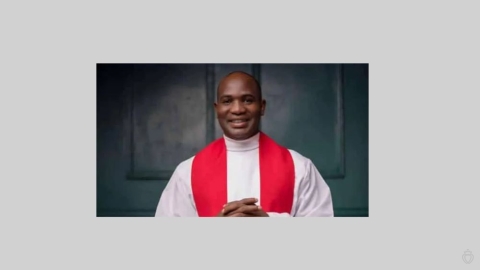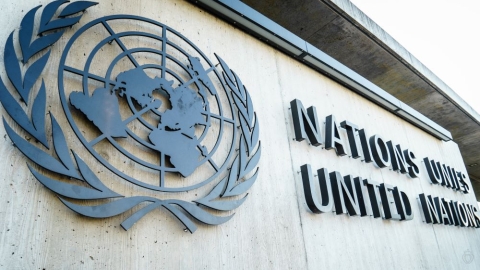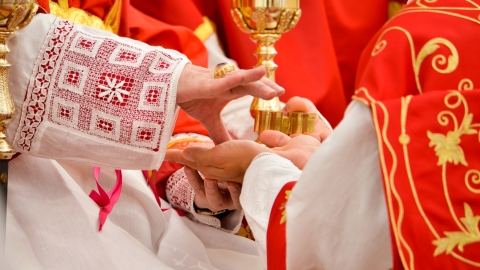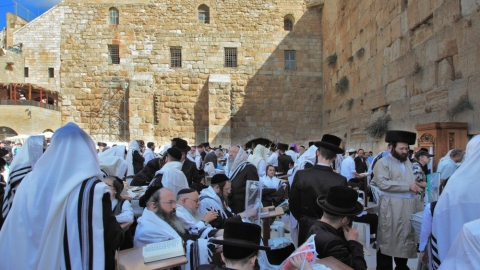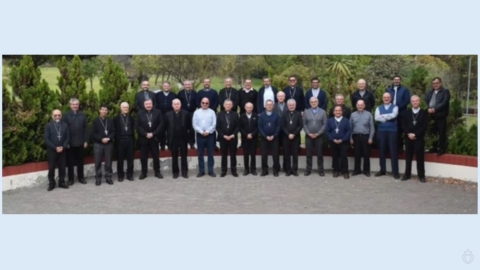Can Cardinal Burke Say the Society of St. Pius X Is in Schism?
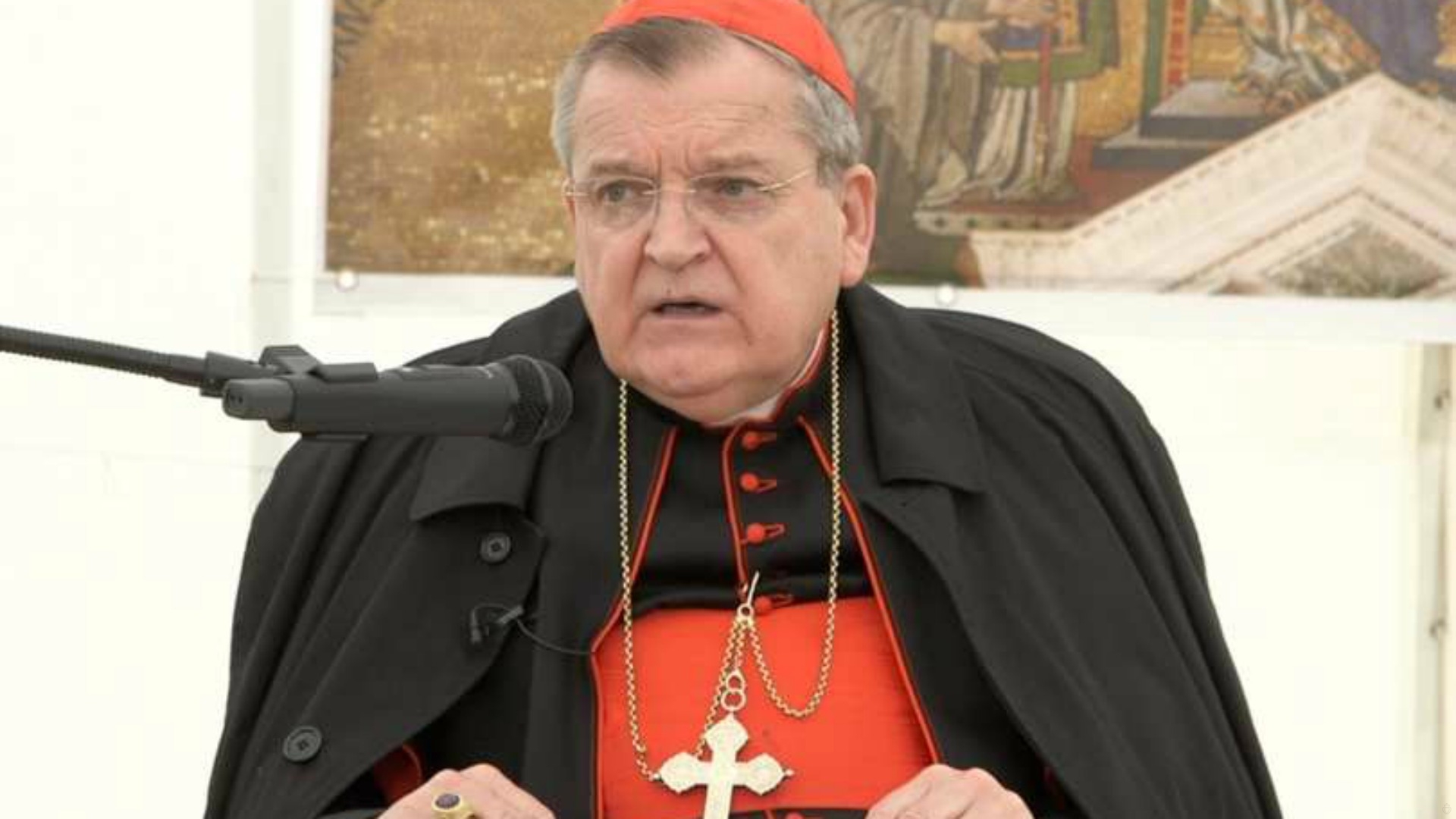
On July 15, 2017, Cardinal Raymond Burke, Patron of the Order of Malta and former President of the Tribunal of the Apostolic Signatura, gave a conference in Medford, Oregon, in the United States. In answer to a question about the Society of Saint Pius X (SSPX), he answered that he believes this priestly society “is in schism since the late Archbishop Marcel Lefebvre ordained four bishops without the mandate of the Roman Pontiff. And so it is not legitimate to attend Mass or to receive the sacraments in a church that’s under the direction of the Priestly Society of Saint Pius X.”
A Surprising Declaration
Coming from one of the four cardinals who signed the Dubia on the heterodox passages in Amoris Laetitia, this statement published online by an American blogger on September 30 comes as a surprise on more than one account.
It is hard to know if Cardinal Burke, an eminent canonist, is speaking legally, but he seems to overlook the fact that even if the episcopal consecrations of 1988 earned their authors the highest possible penalties, neither the members of the SSPX nor the faithful who go to the SSPX parishes have ever been declared schismatic.
The Roman prelate knows that on January 21, 2009, Pope Benedict XVI lifted any sort of penalty the bishops of the Society may have incurred, and he therefore admits that the Society bishops are “no longer excommunicated,” but he believes that they are “not in regular communion with the Catholic Church.” This “anomaly” seems incomprehensible to him, as does the fact that Pope Francis gave ordinary power to hear confessions to all the priests of the Society, and even more so the fact that he recognizes them as qualified Church witnesses for the marriages of their faithful.
This complex reality does not fit into any of cases envisaged by Canon Law; it is only too true that it is difficult to grasp the past and present situation with one’s eyes fixed on the Code alone.
Some Facts to Consider
To shed light upon the past situation, it would be good to recall the following facts:
One can read on the website of the General House of the SSPX:
“Hidden behind the question of the Society’s canonical status is the real problem throughout the Church today. Indeed, since the Second Vatican Council a revolutionary wind has been blowing that corrupts the faith, worship and morality”. – See “The Society and Rome.”
The real situation that led Archbishop Lefebvre to disobey a law of the Church without consummating a schism is presented by the same website on a page available to all. See “The 1988 Consecrations.”
As for the accusation of schism, we must respond that Archbishop Lefebvre always recognized the pope’s authority. Consecrating a bishop without pontifical mandate would be a schismatic act if one pretended to confer not just the fullness of the priesthood but also jurisdiction, a governing power over a particular flock. Only the pope, who has universal jurisdiction over the whole Church, can appoint a pastor to a flock and empower him to govern it. But Archbishop Lefebvre never presumed to confer anything but the full priestly powers of holy orders.
The Situation in 1988 and Beyond
To shed light upon the present situation, it would be good to recall the following facts:
In 1988 and afterwards, traditional communities were founded “in regular communion with the Catholic Church,” in order not to leave the traditional Roman Rite exclusively to the SSPX. Founded thanks to or because of Archbishop Lefebvre’s condemnation, these communities were able to develop, often vying with the Society’s priories, tolerated rather than approved by the local episcopates, with the obvious goal of dividing the forces of Tradition.
In the tempest that is raging, the SSPX remains faithful to the Church of all times, to her unchanged liturgy, but also to her perennial teaching in matters of Faith and morals. This is the first duty of all, explained Archbishop Lefebvre in his sermon in Venice on April 7, 1980, that was just published by FSSPX.
Source: FSSPX/MG/FSSPX.News – 10/6/2017
